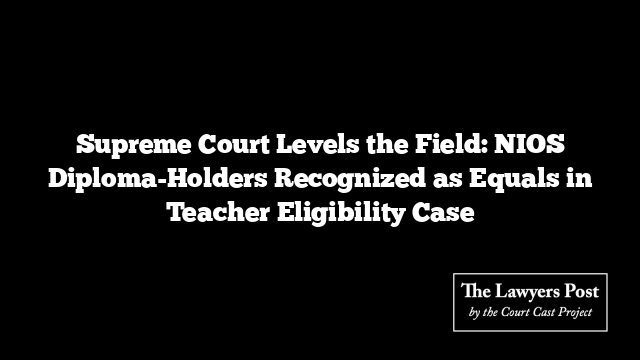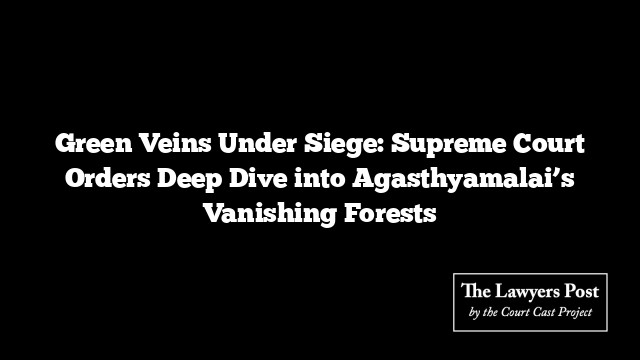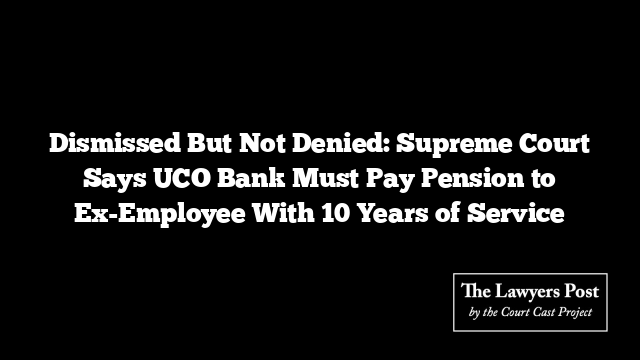In a ruling that rewrites the script for thousands of teachers across West Bengal, the Supreme Court has declared that those who were on the job as of August 10, 2017, and completed an 18-month Diploma in Elementary Education (D.El.Ed.) through the National Institute of Open Schooling (NIOS) before April 1, 2019, are to be treated the same as those with the standard two-year diploma.
The country’s top court, led by Justices BR Gavai and AG Masih, essentially tore down a wall that had kept these NIOS diploma-holders from participating in recruitment and promotion processes, stating unequivocally that their qualifications are valid and must be honored.
This judgment comes as a major relief to over 300 petitioners who had challenged a Calcutta High Court verdict that had previously disqualified them from the 2022 teacher recruitment drive. That ruling had placed the shorter NIOS diploma in a second-tier category, calling it insufficient when compared to the full two-year D.El.Ed. But the Supreme Court wasn’t having it.
According to the apex court, the NIOS 18-month program wasn’t some shortcut—it was a deliberate, one-time window offered to teachers who were already in the system before the August 2017 cut-off, to help them meet minimum qualifications. That exception, the Court said, had been officially sanctioned by the National Council for Teacher Education (NCTE) back in September 2017, and must be respected.
The bench pointed out that the High Court, in leaning on a previous ruling (Jaiveer Singh v. State of Uttarakhand), had misunderstood the purpose of the NIOS diploma. While Jaiveer Singh did draw lines around eligibility, the Supreme Court clarified that those lines were never meant to cut out in-service teachers who had already begun this special program before the 2019 deadline.
“It was never about opening the floodgates,” the judges noted, “but about keeping the gates open just long enough for those already inside.”
The decision also referenced a December 2024 clarification issued in response to pending review petitions, confirming that eligibility under the 18-month scheme would apply retroactively from the November 2023 judgment date in the Jaiveer Singh case.
And with that, the Court brought the curtain down on years of uncertainty. The High Court’s previous decision was set aside. Authorities in West Bengal were directed to review and process the eligibility of the petitioners within three months—no more bureaucratic tap dance.
This ruling does more than settle a legal question. It restores dignity to hundreds who had followed a path offered to them, only to be told later that it wasn’t good enough. Now, the Supreme Court has said: Yes, it was.





